Helping Hands for GAND hosted its Biennial Gathering and Scientific Conference in July. Helping Hands for GAND was able to have this in-person gathering in part because of a RARE Meet-Up grant awarded earlier this year. They were one of several Global Advocacy Alliance members to receive grants for similar events. GAND is an ultra-rare genetic disorder in which the GATAD2B gene, an essential gene for normal cognitive development, is mutated. Some of the attendees shared their experience with GAND, and what they learned at the conference. Rebecca Selby, mother of 2-year old Shea, shares below:
Please tell us about your connection to the GATAD2B mutations. Include any information about your family, where you live, how far away treatment centers and specialists are, your support system, etc.
On March 23, 2022 our little girl Shea at 22 months was diagnosed with GATAD2B, after months of searching for help and looking for answers she was finally diagnosed through WGS. It was a spontaneous mutation so neither myself nor my husband carry the gene. Since then we have been navigating our way through life, we have another little girl who will be 5 in August that is also trying to understand what is going on too. We agreed early on that GAND/GATAD2B will not define us, however when some days are filled with therapy sessions and medical appointments it can get very overwhelming.
GATAD2B is rare, therefore I haven’t met any medical professional that has treated anyone with GAND, which at times makes me the “expert”. The information and support system that I have and had is Helping Hands for GAND. I honestly don’t know where I would have turned if it wasn’t for this amazing charity. Parents ask parents questions about therapy, drugs, any updates on research etc. Parents are from all over the world too, we live in the UK, Greater Manchester but can connect to anyone on the Helping Hands for GAND Parent FaceBook page, I am so thankful for this as I understand a lot of children are SWAN’s and parents do not have this community, which breaks my heart because it can be very very lonely at times.
What was the diagnosis process like for you and your family?
The diagnosis process, well where do I start… I will explain a very long story short. It was in the middle of COVID, it was an extremely difficult time for us. Due to COVID19 I opted for a home birth. I had a water birth at home. Shea was born within 1 hour and was delivered by my mother and husband. It was a very beautiful birth with absolutely no stress.
A few days later I recognised Shea’s noisy breathing, she was also choking on her milk, because of COVID I had to send videos and with some medical professionals it was only a call! I was so disappointed, after her initial checks no one was really interested in seeing her. I was told its probably nothing and so I continued on, however I believed it was something so I was very aware of the situation. I just knew something was off and I followed my motherly instincts. Her hands were always clenched, her reflux was so severe that at about 6 months was starting to lose a lot of weight to the point of failing to thrive, and her constipation was a daily task. I managed all of her symptoms whilst fighting for someone to listen to me. At around 4/5 months she wasn’t showing any sign of holding her head up for more than a few seconds and she was quite floppy and had very little reflexes. I was on a mission. We started online physio at 6 months, and she started hands on physio at about 9 months, after which Shea was showing signs of slow progress. I landed an amazing neurologist. We also did a LOT of tests including a Microarray and an MRI; they all showed nothing. It wasn’t until our geneticist appointment that I requested WGS, I believed this would cover everything and was our last hope at that particular moment to ever find anything. They asked for pictures of Shea’s face and hands and from that moment I just knew they had found something. The following day I called for the results to be hit with the news that Shea has GATAD2B. Very little was/is known and although we had a diagnosis, there was still lots unknown.
How has Helping Hands for GAND helped through your journey, and how long have you been involved with the organization? How have you been able to give back to Helping Hands for GAND since you joined?
Helping Hands for GAND is the only place where parents can connect, where you can find your community, the place of information and sharing. It is the ONLY place where GATAD2B is fully understood by parents and close community. It makes you feel less alone and that you can talk to someone about your struggles. I connected late March 2022 not long after Shea’s diagnosis. It is in my future plan to support the charity — it is a must that we all do our part.
Were you able to attend the 3rd Annual GAND Gathering & Scientific Conference, and what were your takeaways from the event?
I did manage to go to Ohio, and my father came along with me. It was a difficult trip especially since the diagnosis was still a little raw. However, the information I got from this event, from the specialists to parent connections is something that I would never have got in the UK. I had the opportunity to chat with Dr. Tyler Pierson and ask the questions I needed to ask. There is still a lot of research that needs to be done, but there is hope and its so important to keep that little bit of hope for the way forward.
What advice do you have for a family newly diagnosed with GATAD2B mutations or going through a rare disease diagnosis?
I think one of the difficult things is to accept that life will be different, its very difficult to do. Navigate your way through your challenges on a day to day basis. I find myself getting so overwhelmed when I think about the future, so taking a step back and reassuring yourself that you can do this. Find joy in the small wins and celebrate them. Connect to your community this is key to getting through some days and just know you are not alone – find your tribe. Some friends come and go but the great supportive ones stick around.
If I find that if I am feeling upset or emotional I just let it be and tomorrow is another day. My husband deals with the situation in a different manner than me, and that’s okay. I just let things be.
I don’t see GATAD2B when I look at Shea — I just see Shea, our beautiful funny feisty little girl.
Hear what the attendees, Jean Hammond and Emeline De Souza, had to say!
About Helping Hands for GAND
Helping Hands for GAND is a 501(c)(3) non-profit organization working to support individuals and families affected by GATAD2B-associated neurodevelopmental disorder (GAND), to increase awareness, and to work toward research and treatment opportunities to enrich the lives of those with this rare genetic condition. HHFG aims to help GAND families better understand this disorder and connect them with other GAND families, raise awareness of GAND among the general population as well as medical and support professionals, and increase research and treatment opportunities for the GAND community through establishing a patient registry and by facilitating and funding worthwhile studies.
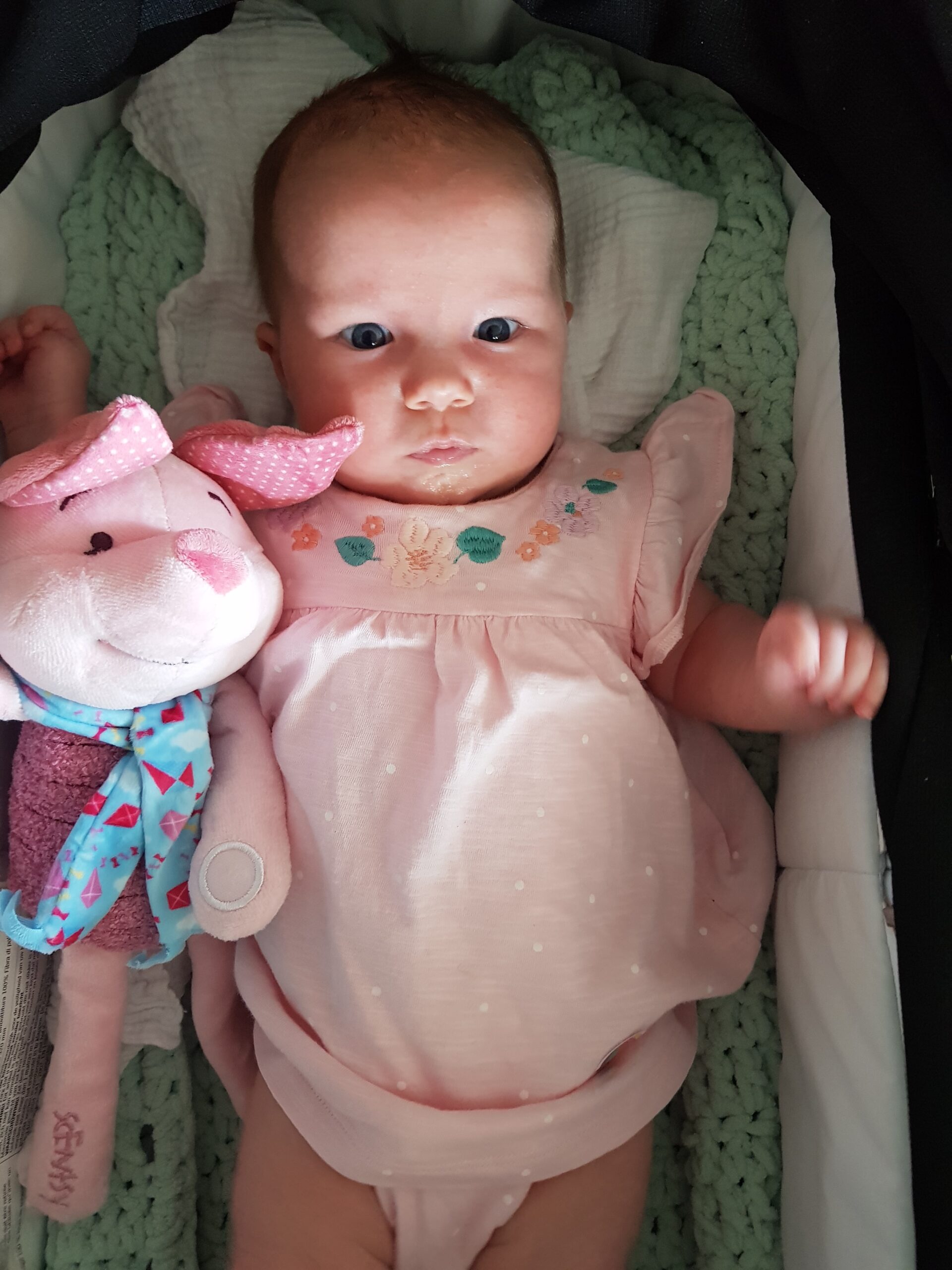
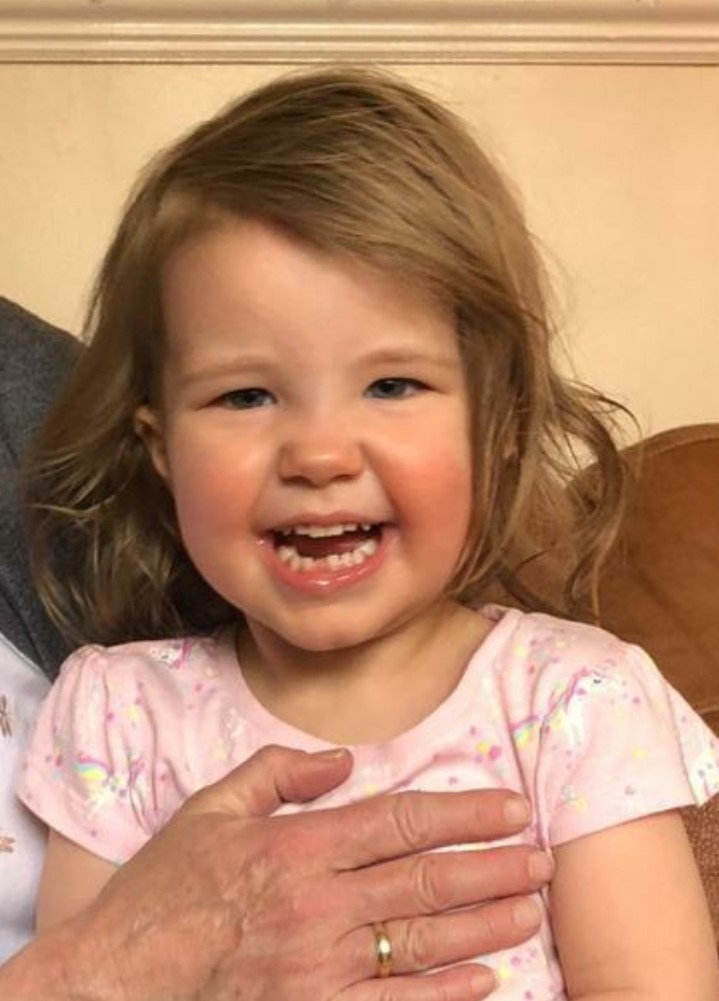
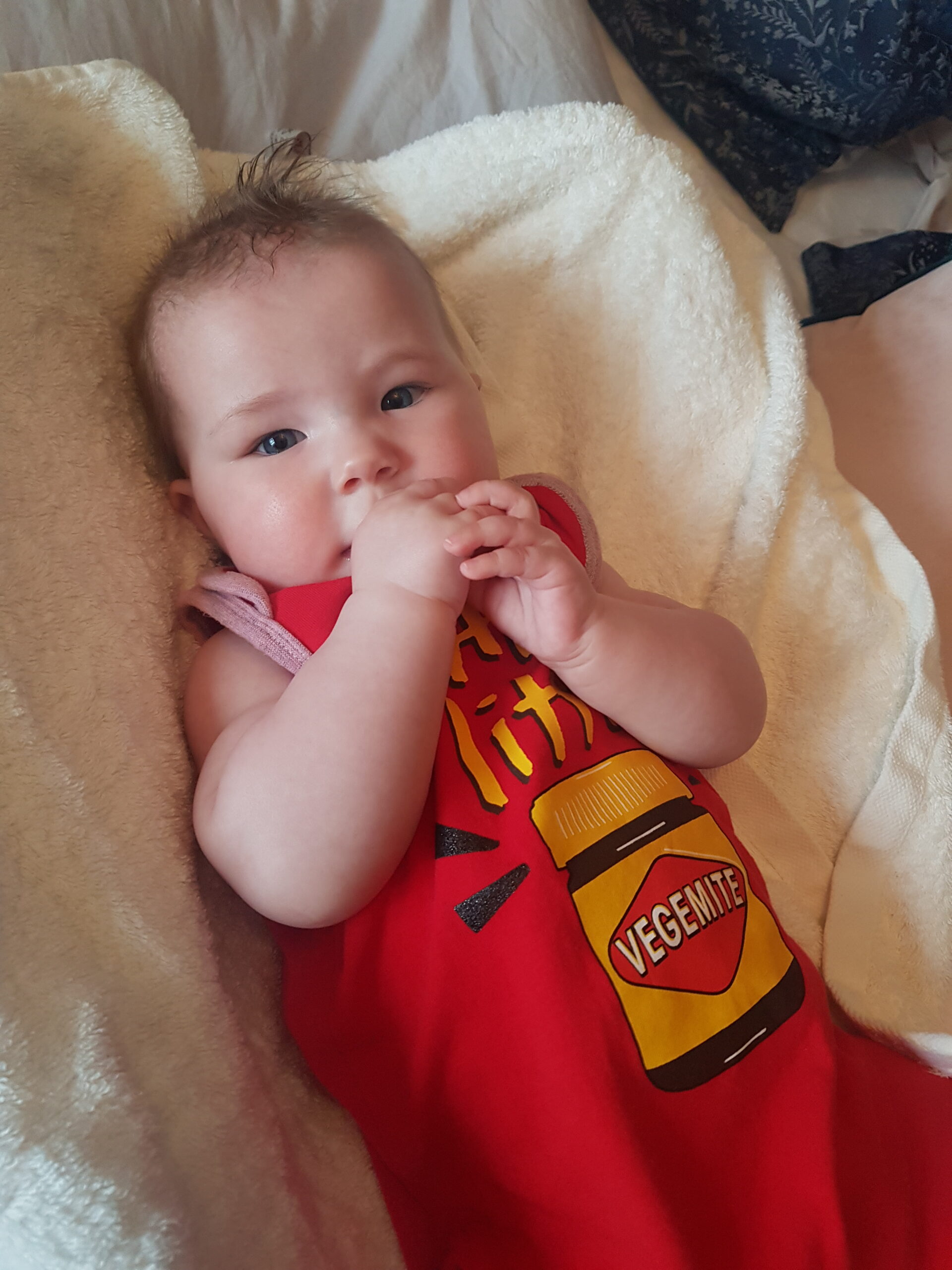
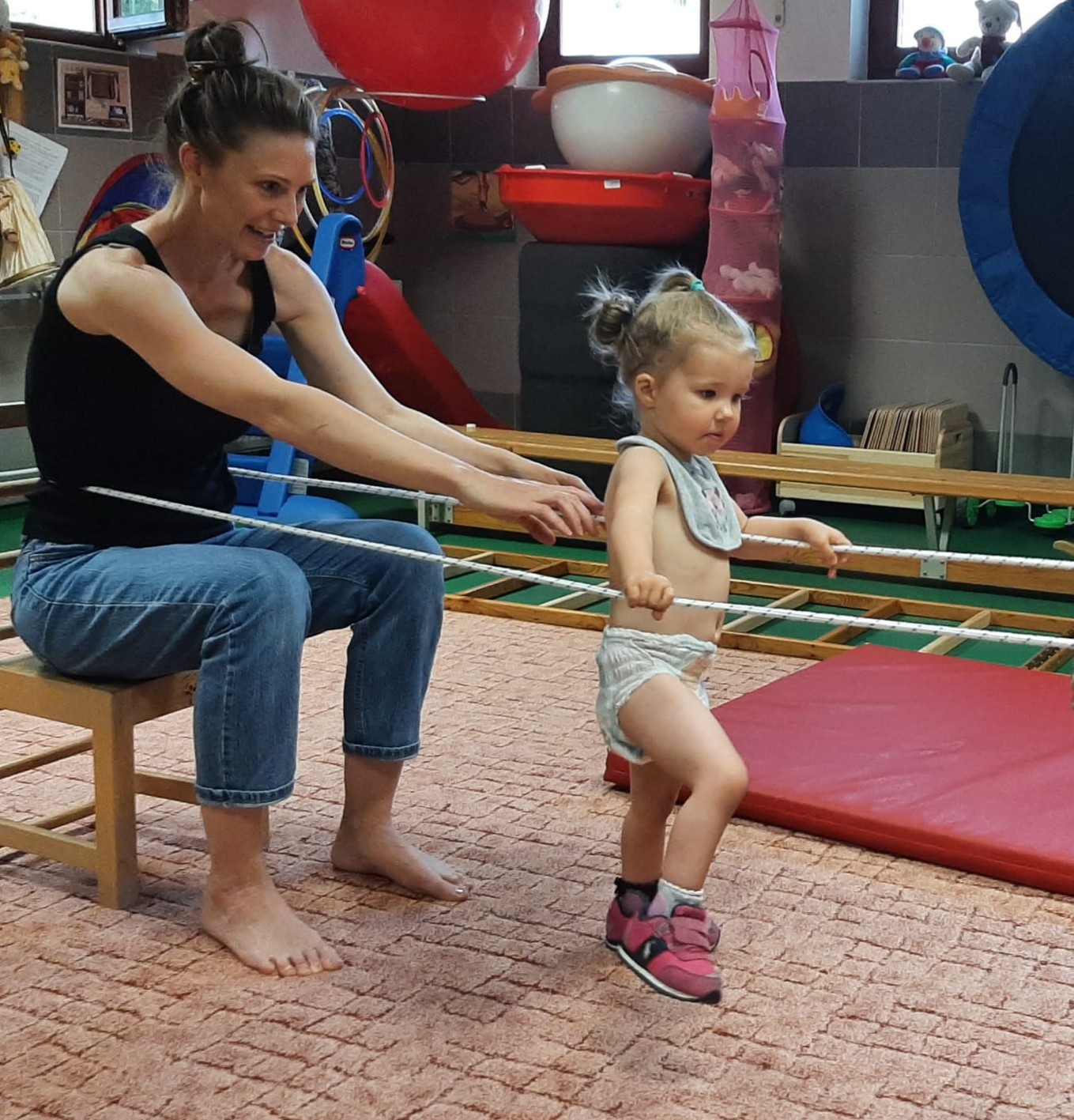
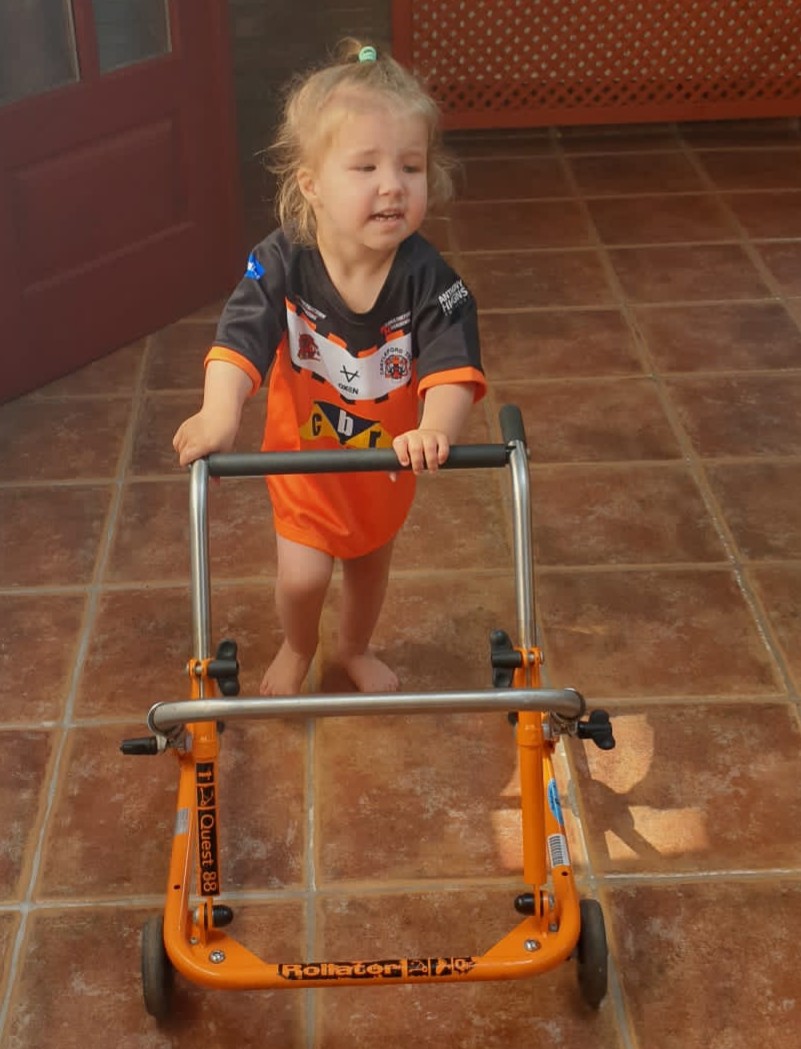
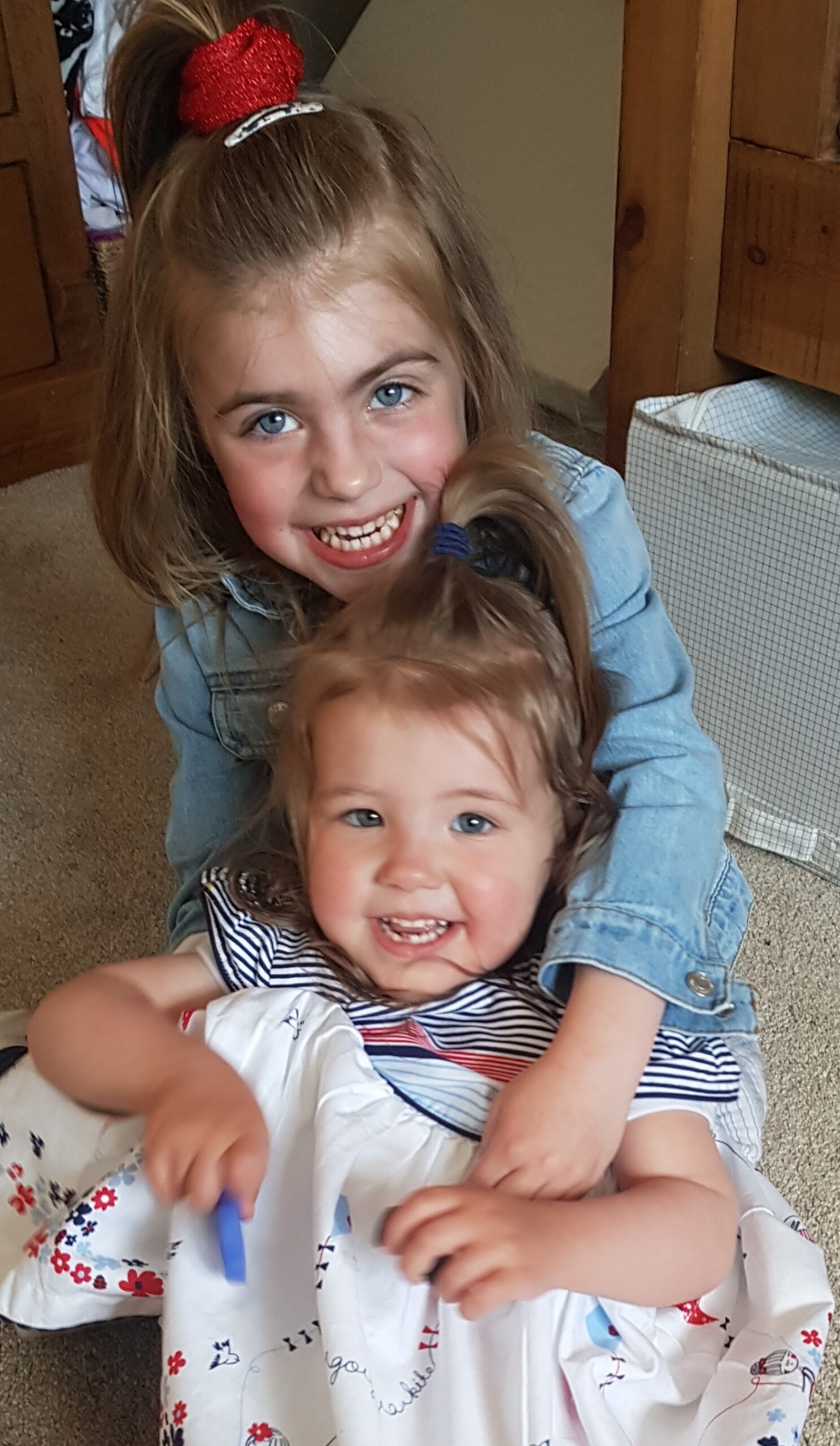

Stay Connected
Sign up for updates straight to your inbox.
